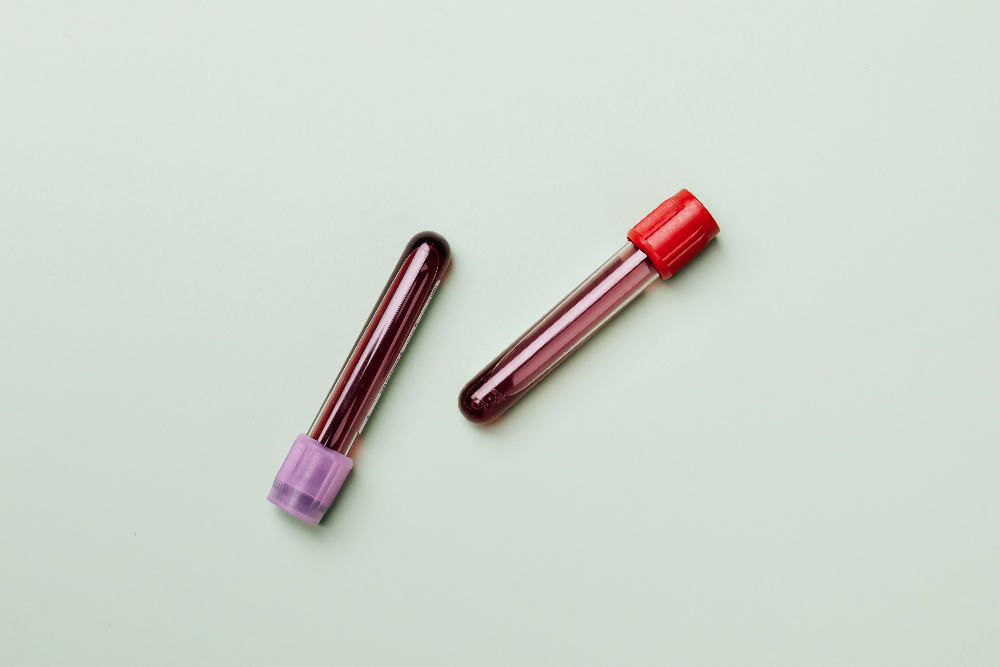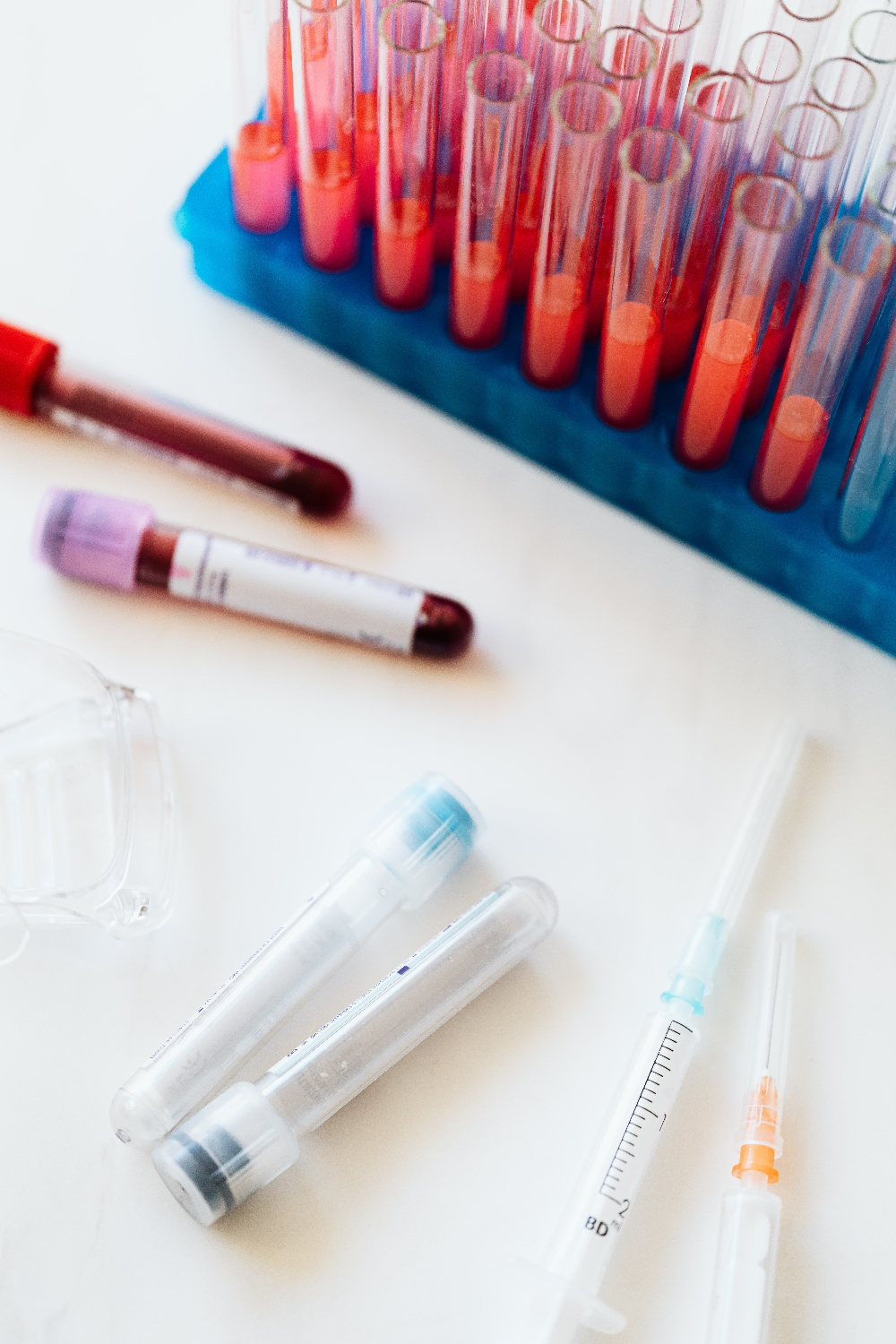Potentially life-saving test measures blood proteins, predicts breast cancer diagnosis.
There have been newly discovered blood protein changes that could possibly pave the way for a new test to be used to catch breast cancer up to two years early. Researchers have recently revealed that they found the levels of six different proteins in blood change years before patients are given an official diagnosis of breast cancer.
Researchers and medical professionals are hoping that this can form the basis of blood testing to catch breast cancer early. It can be especially helpful for finding breast cancer early in those who have a family history or who are otherwise genetically predisposed.
When breast cancer is caught early, it can be treated easier and there is less of a chance of death. However, when caught layer stages, it becomes much more difficult to treat.
The American Cancer Society says that there is a 5-year relative survival rate for breast cancer that is detected early 99%. However, if the cancer is detected late and spreads beyond the breast tissue, the survival rate is only 10%.

This stark contrast shows why researchers and doctors are so hopeful about this test that can diagnose cancer early. It can give people a chance to start treatment early and have a much greater chance of survival.
The test used for the protein changes in the blood is called Trial Early Serum Test and was developed as part of a cancer study started in 2011. It’s called TESTBREAST.
The study currently used 1,174 women who are at high risk of breast cancer because of certain gene variants and/or family history. Both of these things are known to raise breast cancer risk.
Women who took part in the study gave blood samples at least once a year over the past ten years. They continue to go for regular screenings. If they developed breast cancer, they also continued to give Lois samples after the diagnosis.
A team from Leiden University analyzed the 30 blood samples from three of the women who were diagnosed with cancer and three other women who had not developed breast cancer. There were very distinct differences between the two. A group of six different blood proteins was at higher or much lower levels one to two years prior to a breast cancer diagnosis. The differing blood proteins levels differentiate between those who are cancer positive and those who were not.
The findings were presented at the annual 13th European Breast Cancer Conference. If further research is able to validate the findings, this test could be added to other breast cancer screenings. The blood tests are simple and not painful which makes it an ideal way to test women for breast cancer even years before they might get a diagnosis.
Since high-risk women already take place in screening programs, this test could be added to other screenings for people at high risk. Researchers hope that this test along with other screening tests can diagnose breast cancer at the earliest stage possible to give women the earliest chance to begin treatment and have higher chances of survival.


Join the conversation!